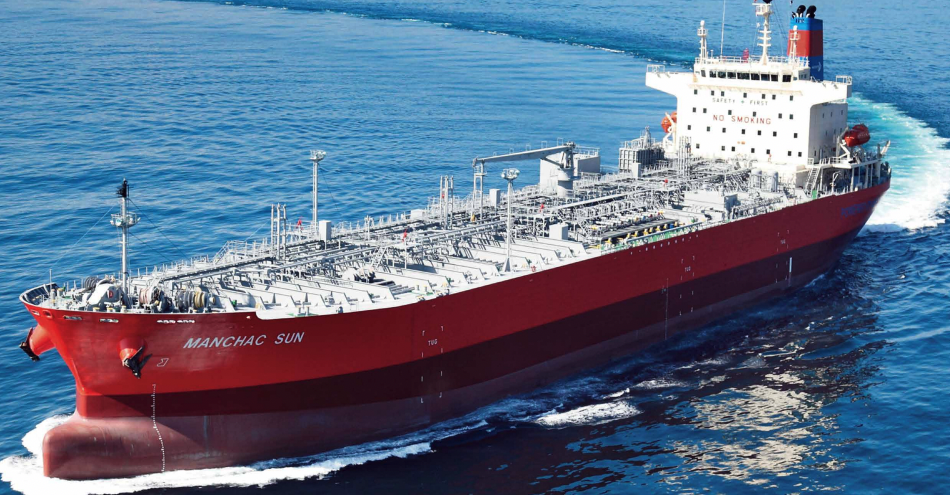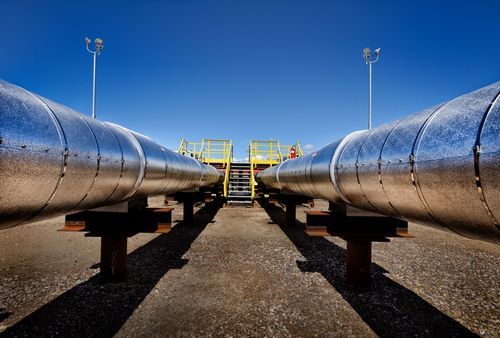Clean hydrogen developer Avina said this week it is pursuing plans for a sustainable aviation fuel (SAF) plant in the Midwest region set to commence operations in 2027.
The facility, engineered to produce 120 million gallons of SAF annually, will utilize alcohol-to-jet production technology pathway. The SAF produced will have significantly reduced life cycle carbon emissions compared to conventional jet fuel. The end product will be certified to meet ASTM D7566 standards, according to a news release.
Preliminary Front End Engineering Design (Pre-FEED) for the project is complete and FEED is expected to kick off in Q2 2024.
Funding commitments for the project through FID have been secured, and Avina is currently engaged in advanced discussions with various strategic and financial investors to fund the project at FID.
Avina is also pleased to announce that it has entered into long-term supply agreements with leading ethanol suppliers for a significant portion of the low carbon intensity (CI) ethanol feedstock volume requirement, a major milestone in moving the project forward. Substantial volumes of ethanol will be supplied by facilities with operational carbon capture and sequestration. Leveraging this low carbon intensity ethanol feedstock, the project is estimated to avoid around 840,000 metric tons of aviation-related carbon emissions annually. The project will leverage existing rail and pipeline infrastructure to ensure optimal delivery of end product into the Chicago O’Hare and other regional airports.
The US airline industry is experiencing a notable demand for SAF in response to commitments to utilize three billion gallons of SAF by 2030. Avina is proactively collaborating with airline customers and other stakeholders to play a key role in meeting this target.
“The strategic location, scale, and cost-effectiveness offer a significant advantage for our SAF project,” says Vishal Shah, CEO & Founder at Avina Clean Hydrogen. “Aviation sector accounts for 2% of global CO2 emissions. In recent years, emissions from this sector have been increasing at a faster rate compared to those from rail, road, or shipping. Sustainable Aviation Fuels are critical to decarbonizing the aviation sector and the Ethanol-to-Jet production pathway is the most immediate, cost-effective, and scalable option for aviation decarbonization. With the procurement of low CI ethanol from existing production facilities that have CO2 capture and sequestration, we are excited about the project’s potential to drive aviation industry’s decarbonization efforts forward.”








